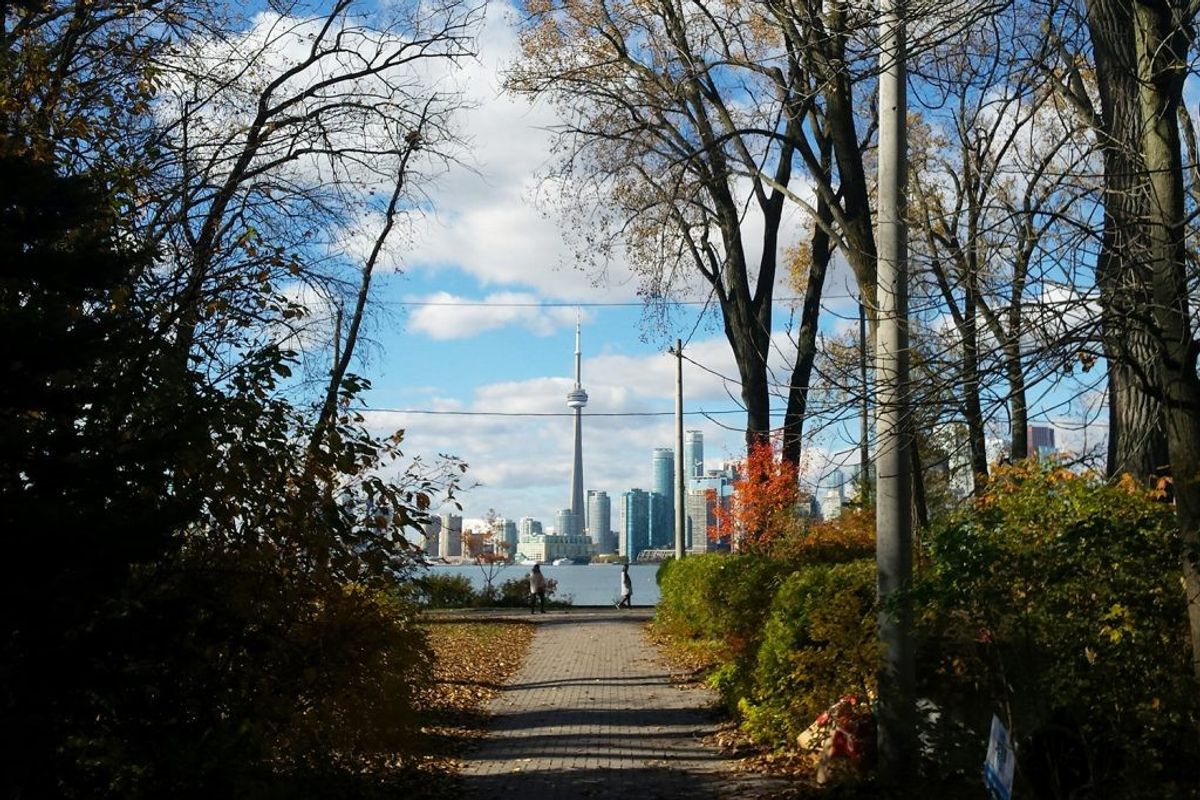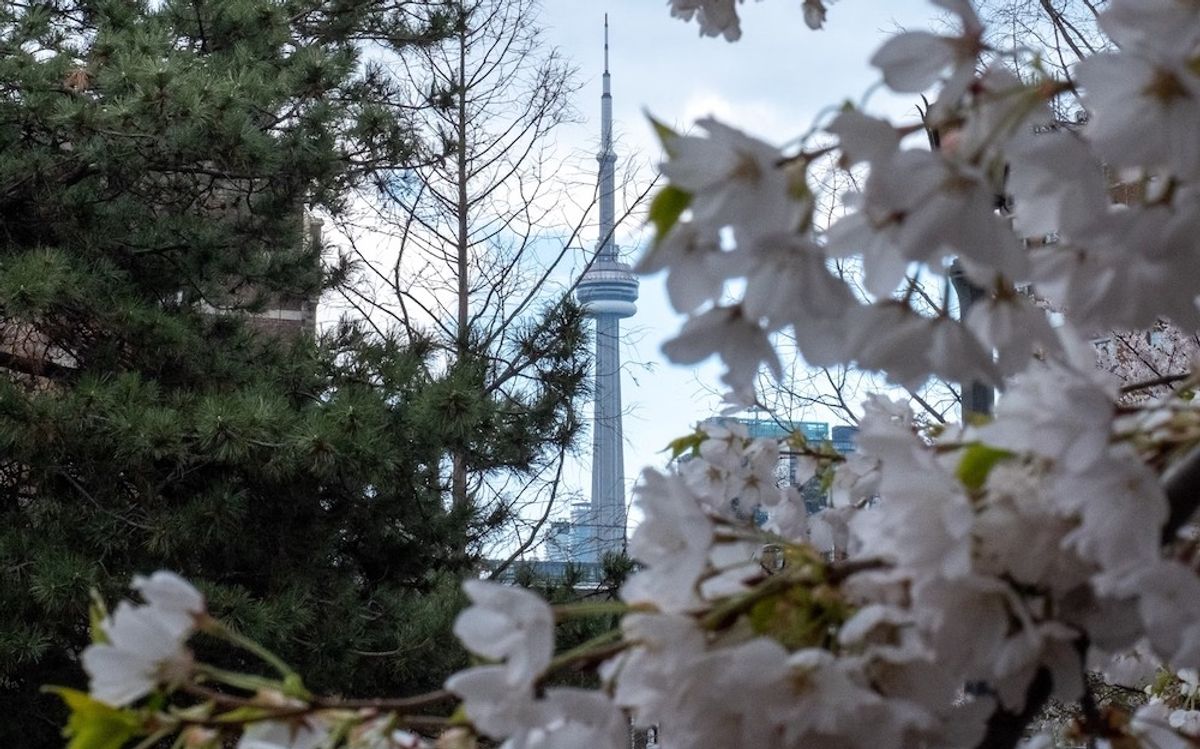As a way to provide additional support to frontline workers fighting COVID-19, the provincial government has announced a temporary "pandemic pay" of $4 per hour on top of their regular existing wages.
In addition, the government will be providing monthly lump-sum payments of $250 for four months to eligible frontline workers who work over 100 hours per month. According to the province, this means that eligible employees working an average of 40 hours per week will receive $3,560 in additional compensation over the 16-week period pandemic pay will be effective.
READ: Toronto Salutes Health-Care Workers Along Hospital Row (PHOTOS)
The payments will be retroactive from April 24, 2020, and run until August 13, 2020. They're expected to support over 350,000 frontline workers.
"We want to thank the frontline staff working through the COVID-19 crisis. These folks are keeping everyone safe. We’re providing a $4 premium on their pay for the next 16 weeks to thank them. Please continue to do your part to fight the spread and stay home," said Premier Doug Ford.
READ: Toronto Buildings Lighting Up to Show Love to Front-Line Workers (PHOTOS)
The provincial government says the pandemic pay is designed to support employees on the frontlines of COVID-19 and does not apply to management. Eligible workplaces and workers include:
Health care and long-term care
Eligible workplaces
- Acute hospitals
- Long-term care homes (including private, municipal and not-for-profit homes)
- Licensed retirement homes
- Home and community care
Eligible workers
- Personal support workers
- Registered nurses
- Registered practical nurses
- Nurse practitioners
- Attendant care workers
- Auxiliary staff, including: Porters, cook, custodian, housekeeping, laundry facilities and other key workers.
- Developmental services workers
- Mental health and addictions workers
Social services
Eligible workplaces
- Homes supporting people with developmental disabilities
- Intervenor residential sites
- Indigenous healing and wellness facilities/shelters
- Shelters for survivors of gender-based violence and human trafficking
- Youth justice residential facilities
- Licensed children's residential sites
- Directly operated residential facility ― Child and Parent Resource Institute
- Emergency shelters
- Supportive housing facilities
- Respite/drop-in centres
- Temporary shelter facilities, such as re-purposed community centres or arenas
- Hotels/motels used for self-isolation and/or shelter overflow
Eligible workers
- Direct support workers (e.g. developmental service workers, staff in licensed children's residential sites, in-take/outreach workers)
- Clinical staff
- Housekeeping staff
- Security staff
- Administration personnel
- Maintenance staff
- Food service workers
- Nursing staff
Corrections
Eligible workplaces
- Adult correctional facilities and youth justice facilities in Ontario
Eligible workers
- Correctional officers
- Youth services officers
- Nurses
- Healthcare staff
- Social workers
- Food service
- Maintenance staff
- Programming personnel
- Administration personnel
- Institutional liaison officers
- TRILCOR personnel
- Native inmate liaison officers
- Chaplains
These measures accompany the additional steps the government has already taken to support frontline workers, including providing free emergency child care and securing necessary medical equipment and supplies.





















